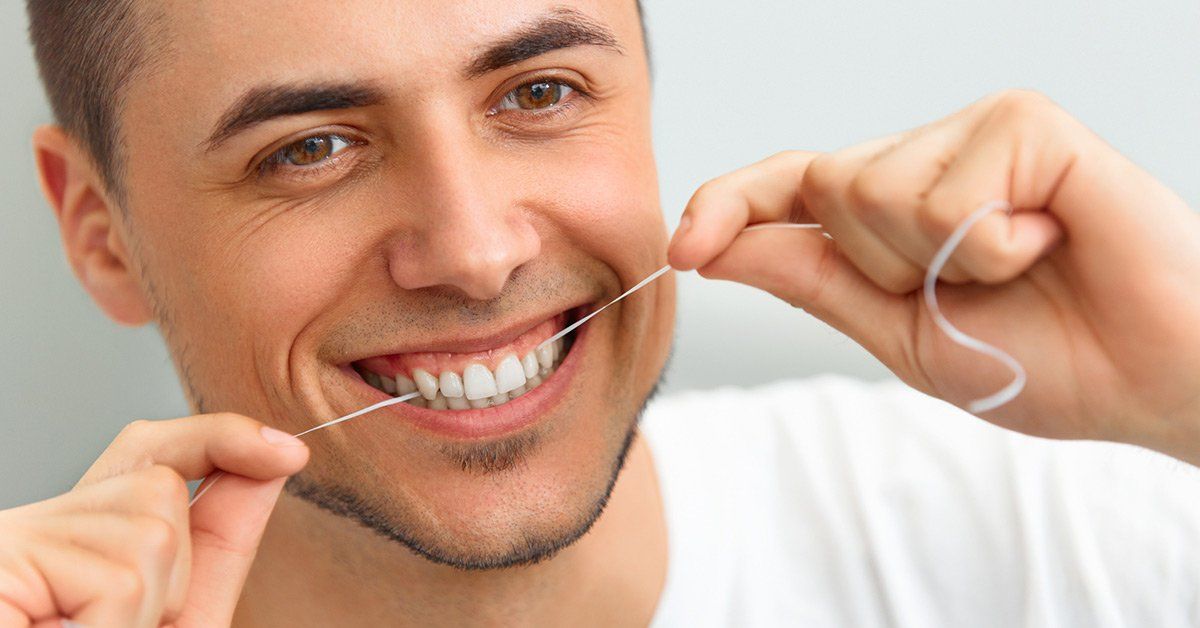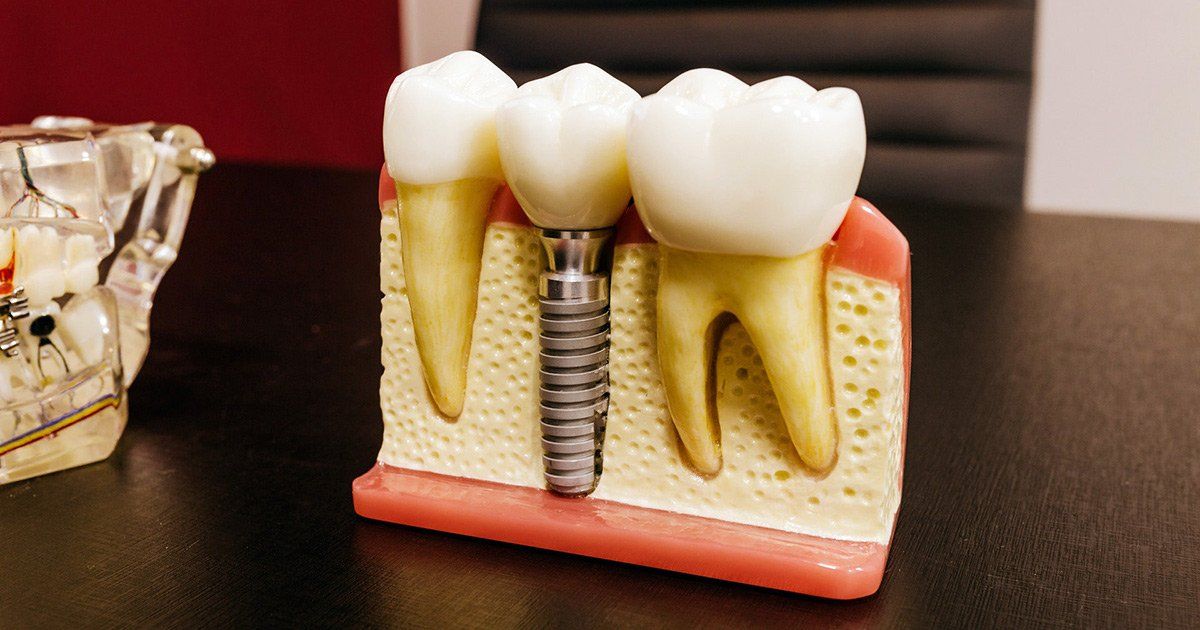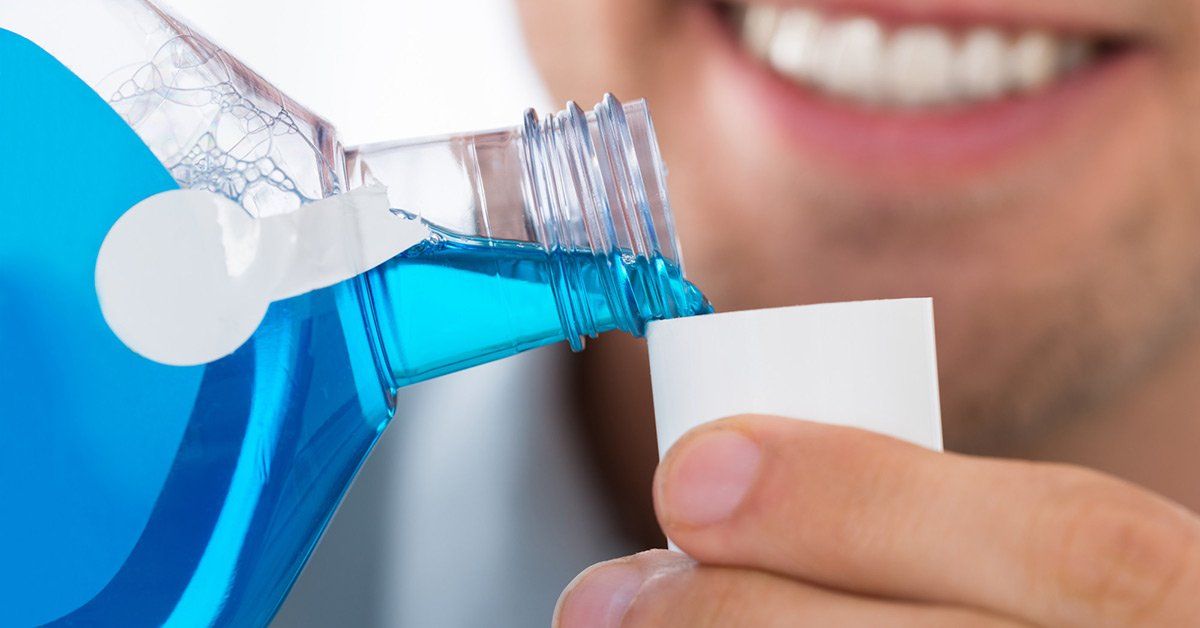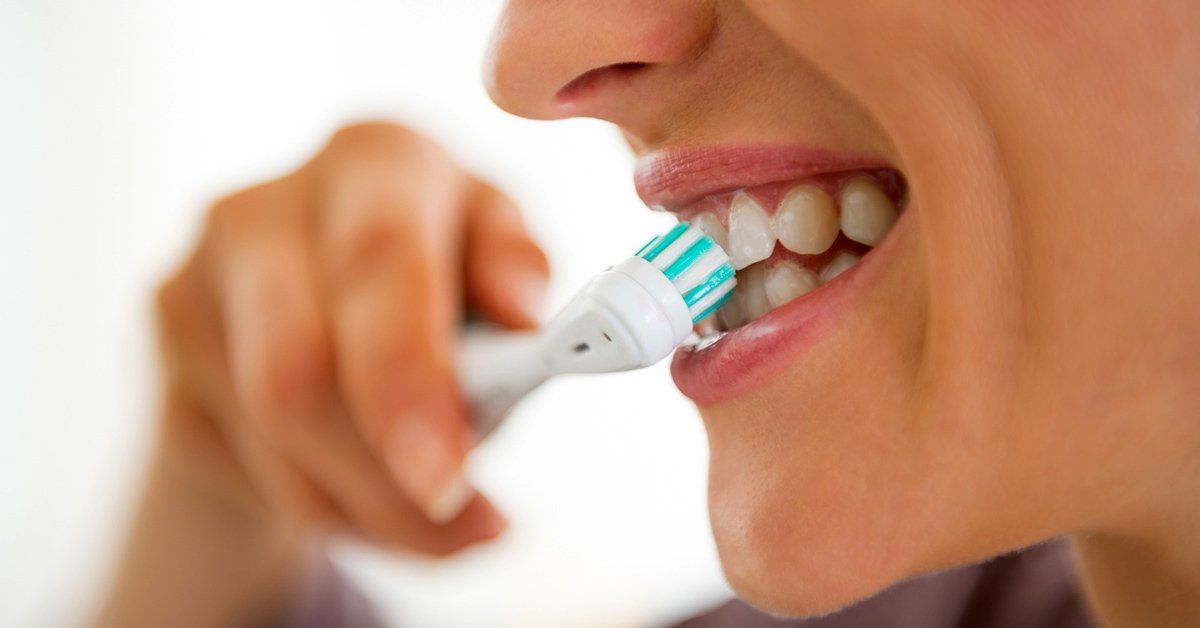The Best Way to Floss: Tips From a Dentist Salem, NH
Most people underestimate the importance of flossing even when they shouldn't. Learn more with these flossing tips from a dentist, Salem, NH.
Only about a third of the U.S. population flosses daily. How often do you floss? It's okay, to be honest with yourself. Flossing doesn't have to be a tedious task.
Why is flossing so important? There are lots of benefits of flossing that you should not ignore. It can get those hard-to-reach areas and help prevent gum disease and tooth decay, so flossing can help you improve your oral health. Flossing can also help keep your breath fresh.
Gum disease bacteria can enter the bloodstream. This bacteria can cause diabetes, cardiovascular disease, and rheumatoid arthritis.
Wondering how to floss correctly? Keep reading these tips from a dentist in Salem, NH to learn how to floss the right way.
Use the Proper Techniques
Don't overcomplicate your flossing technique. There are proper techniques, but you don't need to make it difficult.
To start, make sure you have about 18 inches of floss. You want to have plenty of floss to work with to hold it correctly. Wrap the floss around your fingers and give yourself about two inches to use for your teeth.
Hold the floss between your index fingers and thumb. Place the floss in between two teeth and glide it up and down against your teeth. Do not guide into your gums.
When you get to the curve, make a C-shape to get the space in between your teeth and gums. Then repeat these steps until you hit all your teeth. Use a new portion of floss when you switch teeth.
When you floss properly, your
dental practice will tell you that you remove the majority of food particles and plaque that reach your gum line. You can get right up to your gumline and clean the base of your teeth.
Don't Rush
Yes, life can be busy, but in reality, flossing doesn't take that much time. However, it does take some time and there are people that don't want to bother. These extra steps add preventative value to your oral health.
Brushing your teeth alone doesn't prevent tooth decay, but if you also floss, it can help prevent tooth decay and prevent other long-term health problems down the road.
It should take you about five minutes to floss your teeth. You don't want to rush the process, so you can get your teeth as clean as possible. However, you don't want to floss for too long because it can also damage your gums and make your mouth bleed.
Avoid Snapping the Floss
When you are flossing, do not snap your floss in and out of each tooth. This can damage your teeth. If you slide your teeth, you won't use as much force.
If you snap the floss in and out, it can damage your gums. When you floss more regularly, it becomes easier and more smooth. Remember to glide and not snap to keep your gums clean and healthy
Find the Right Floss
Some people don't like to floss because they don't care for the standard string floss. This style has been around for quite some time, but there are other products on the market to help you keep your teeth clean and create good flossing habits.
Floss picks are popular and work great to remove lodged food and plaque build-up. They are easy to carry with you, and you can also use them as you sit down watching your favorite TV show.
If you are looking for a less invasive way to floss, you want to try water flossing. This handheld device sprays water into your mouth at a high pressure to dislodge plaque and food just like regular floss.
This method is extremely helpful for people that have dental work and find it hard to work around a crown or braces, and you may even be able to reach under your gums deeper than traditional flossing.
Floss Daily
When you find the right flossing method for you, it's important that you floss once a day for your overall dental health. There should be no excuses. It's best to do it at the end of the day because you can remove all the accumulated plaque before going to sleep.
If you floss before you brush your teeth, it can help loosen food particles. This makes it easier to flush away the plaque. You can also go back and hit areas again after you brush your teeth for an extra deep clean.
If you are worried about forgetting, keep your floss beside your toothbrush for an extra reminder. Consistency is key, and you need to floss every day.
Get Your Gums
It's important to floss around your gums. Why? It helps prevent gum disease, which affects two out of every five adults in the U.S.
Your gums may bleed slightly when you start flossing, and that's normal. Dental floss is soft, and your gums will build up resistance over time and become accustomed to the floss. This is why you need to be consistent in your routine.
If your gums continue to hurt and bleed regularly, you may either be flossing too hard, or you may have the start of gum disease. Make sure you go to the dentist if you have swollen, tender, or red gums.
Go to the Dentist in Salem, NH
Even if you follow these flossing tips regularly, it's important that you visit your dentist regularly. You should go to your dentist practice at least twice a year to stay on top of your oral health.
Looking for a dentist in Salem, NH? Dental Arts of Salem has more than 20 years of experience and we are here to help you with a variety of dental procedures including dentures, cleaning, and orthodontics.
Don't wait—schedule an appointment with us today! We are here for your entire family.
Mon: 8am - 2pm (by phone only)
Tue: 8am - 5pm
Wed: 8am - 2pm
Thu: 8am - 5pm
Fri: 7am - 2pm
603-288-1022

603-288-1022
All Rights Reserved | Dental Arts of Salem
Privacy Policy | Cookie Policy | Accessibility Statement I Terms and Conditions I Notice of Privacy Practices
Website designed and maintained by Xpress, INC










